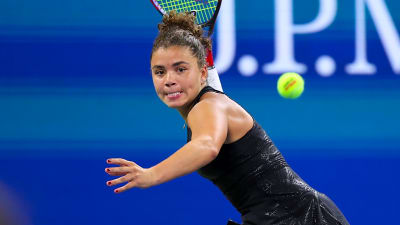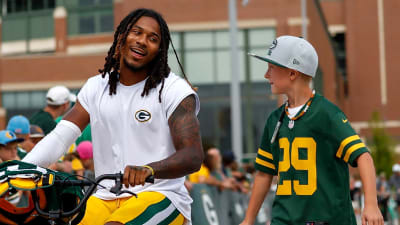Miami’s sporting life is loud and sun‑soaked. You might see beachgoers heading to Hard Rock Stadium while others stream tournaments on their phones. The Dolphins have been part of the city since 1966, yet new waves of fans are just as obsessed with digital battles. In Wynwood cafes, people swap stories about Super Bowl runs and argue over Valorant rosters, and for locals, that mix is as natural as grabbing pastelitos before kickoff.
Comparisons naturally turn to tradition, money, and reach. The Dolphins’ undefeated 1972 season remains the only perfect campaign in NFL history, and their back‑to‑back Super Bowl victories in 1972 and 1973 still loom large. Those accomplishments underpin a franchise valued in the billions with a fan base that sells out Hard Rock Stadium and packs sports bars across the city. Younger generations, meanwhile, follow teams that practice in computer labs rather than on grass.
They catch matches from anywhere, usually via their phones, and get just as fired up over a League of Legends final as they do a Monday night football game. Plus, because phones make getting stuck into the action a lot easier, you might see them during breaks scrolling top-ranked eSports sites to find upcoming tournaments and test their luck with a wager, or just simply supporting their favorite players through merchandise and in‑game purchases. It doesn’t mean football is fading. It means there are more ways to invest in your passion (source: adventuregamers.com).
History gives the Dolphins an aura that eSports is still building. Legends like Dan Marino threw passes that defined eras, leading Miami to division titles and ten playoff appearances. Even in lean years, the fight song echoed across neighbourhoods, and some fans proudly remind anyone who’ll listen that Miami still owns the only perfect season.
In December 2024, the team sold a minority stake at an $8.1 billion valuation, proof of enduring commercial strength. Community programs, rookie camps, and philanthropic efforts keep them woven into South Florida life, and their struggles become shared stories that bind generations. That sort of legacy doesn’t disappear, but it does face a fresh challenge from a digital upstart.
Miami eSports, by contrast, positions itself as a startup. Without decades of tradition, it relies on innovation and inclusivity, inviting anyone with a controller or keyboard to join in. Local tournaments fill convention halls, university programs teach strategy and coding, and there’s a palpable sense that the next global star could come from a Little Havana apartment. Sponsors love the borderless reach, and prize pools are rising fast. Top organizations worldwide have banked tens of millions.
A previous look at how the Dolphins are dabbling in virtual tailgates and hosting branded competitions shows that even established franchises recognise the pull of digital arenas. That cross‑pollination suggests the two communities aren’t rivals so much as neighbours swapping stories.
Numbers paint an interesting picture. Industry analysts note that global eSports revenue already exceeds a billion dollars, and China alone accounts for about a third of that market. Meanwhile, the Dolphins’ financial muscle is built on decades of broadcasting deals, merchandise, and loyal fans. The $56 million plus won by top eSports teams is impressive, yet it pales next to NFL revenue streams.
On a local level, though, Miami eSports has an advantage in accessibility. Someone watching a stream from Overtown is part of the same audience as a viewer in Tokyo, and that universality creates a community that feels simultaneously global and intimate. The Dolphins offer a physical gathering point, bars on Ocean Drive bursting with aqua jerseys and families grilling at parking lots before kickoff, whereas eSports sometimes lacks that. Both experiences tap into Miami’s love for spectacle. They just deliver it differently.
You can measure popularity in different ways, jersey sales versus Twitch views, stadium attendance versus concurrent streams. The Dolphins thrive on nostalgia, tradition, and the communal roar of a touchdown, while Miami eSports thrives on innovation, inclusivity, and the excitement of watching a local player take on the world from a small studio. There’s room for both in this city, and if anything, their coexistence shows that Miami doesn’t have to choose between the past and the future.
It can celebrate a perfect season while embracing a new kind of competition, and that’s a compelling narrative for a sports town that loves a good story. At the corner of Calle Ocho, you might find someone wearing a Dolphins cap and bragging about their ranking in Overwatch, because that’s just how it is here, blending identities without apology, merging old cheers with new keyboards.
More must-reads:
- Why Jets GM still believes QB Justin Fields can revive career
- Giants unlikely to call up top prospect this year
- The 'Most 1,000-rushing yard NFL seasons' quiz
Breaking News
Trending News
Customize Your Newsletter
 +
+
Get the latest news and rumors, customized to your favorite sports and teams. Emailed daily. Always free!








